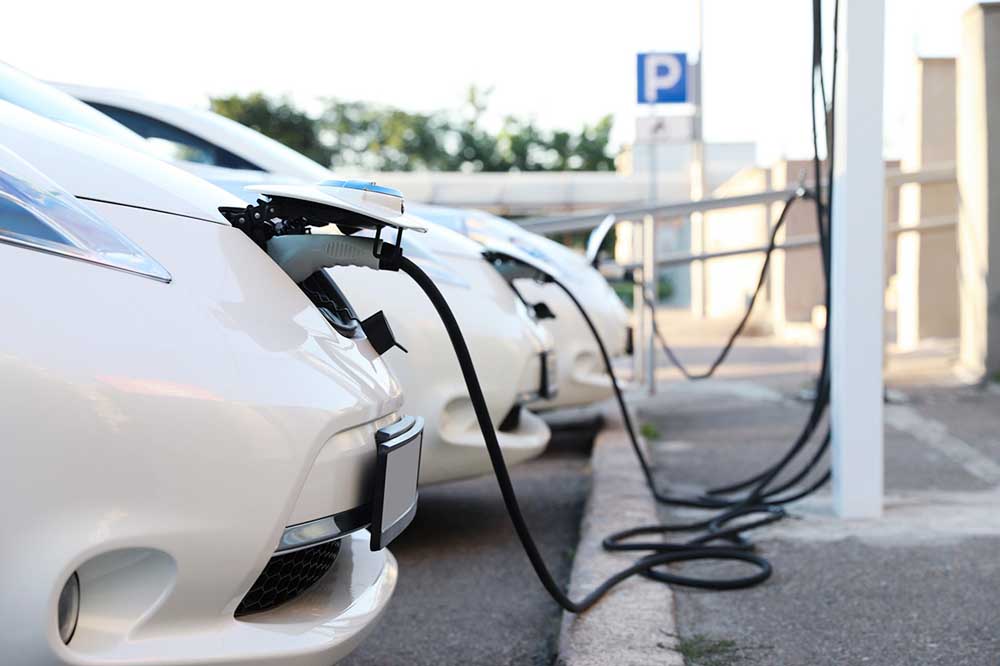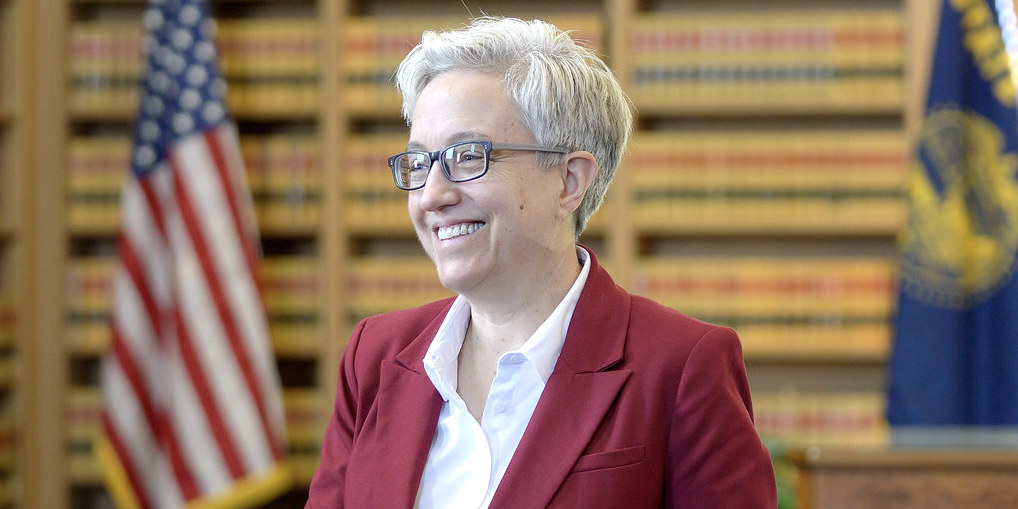Court pauses suits against forced electrification of trucks
Published 11:30 am Friday, December 22, 2023

- A Washington state law leaves decisions on zero-emission vehicles to the California Air Resources Board.
The U.S. Court of Appeals for the District of Columbia on Dec. 21 paused lawsuits challenging a ban on diesel freight trucks until it rules on the legality of forcing motorists into electric cars and pickups.
Trending
Judges Michelle Childs and Florence Pan signed an order to stay lawsuits filed by farm groups, 17 states and others against the California-led campaign to phase out conventional on-road heavy-duty vehicles.
The Environmental Protection Agency sought the stay, arguing the lawsuits rehash issues already before the court in suits challenging California and EPA rules intended to steer drivers into zero-emission cars and pickups.
The court heard oral arguments in the two car-related lawsuits, Ohio v. EPA and Texas v. EPA, in September. Rulings in those cases should narrow or even resolve the truck-related lawsuits, according to the EPA.
Trending
Plaintiffs opposed putting the truck lawsuits on hold, arguing it will delay a decision on a rule that’s already decreasing the demand for liquid fuels, including ethanol, and increasing the cost of conventional vehicles.
EPA ‘tackles climate crisis’
At issue in Ohio v. EPA is California’s rule that will ban new gas and diesel cars and pickups beginning in 2035.
The EPA sets tailpipe-emission standards, but historically smoggy California has special status to set stiffer standards, with EPA approval.
Since EPA approved the gas-car ban, other states can follow the federal or California standard. Washington automatically follows California’s standard.
Red states opposed to the ban argue Congress gave California special status to wage war against Los Angeles haze, not climate change. The suit is likely to end up in the U.S. Supreme Court.
At issue in Texas v. EPA are new EPA emission-standards that will require automakers to sell more zero-emission vehicles to offset greenhouse gases from new conventional cars and pickups. The Biden administration says the standards will speed up the transition to electric vehicles.
States opposing the rule say replacing liquid fuels with electricity will have huge economic and political consequences and that courts should restrain the EPA unless Congress approves.
In a press release last April, the EPA stated the rule will “tackle the climate crisis.” In court documents, the EPA has downplayed the chances the rule will actually reduce oil production.
“Because of world demand for oil, the net amount of oil extracted in the petitioning states — and their tax revenues — will not necessarily decrease as a result of this rule,” the EPA stated.
A three-judge panel heard oral arguments in Texas v. EPA on Sept. 14. The following day, a different trio of judges heard oral arguments in Ohio v. EPA.







